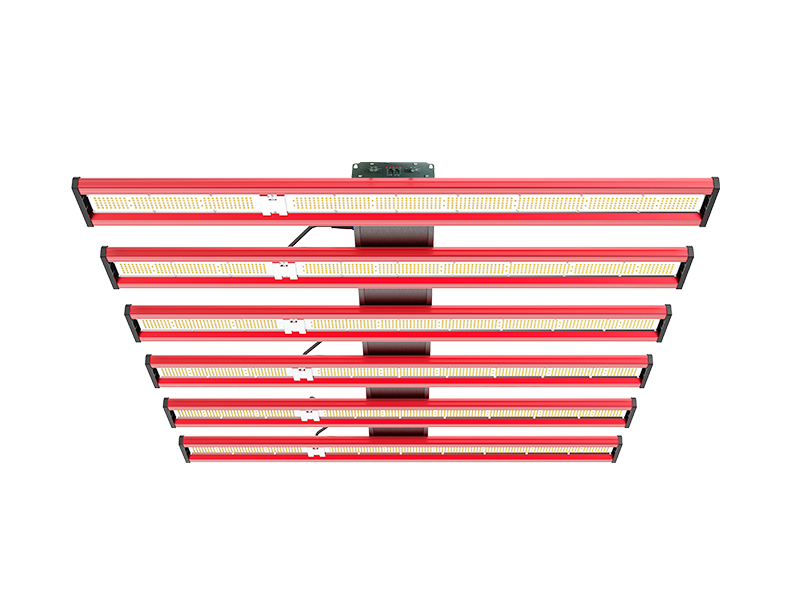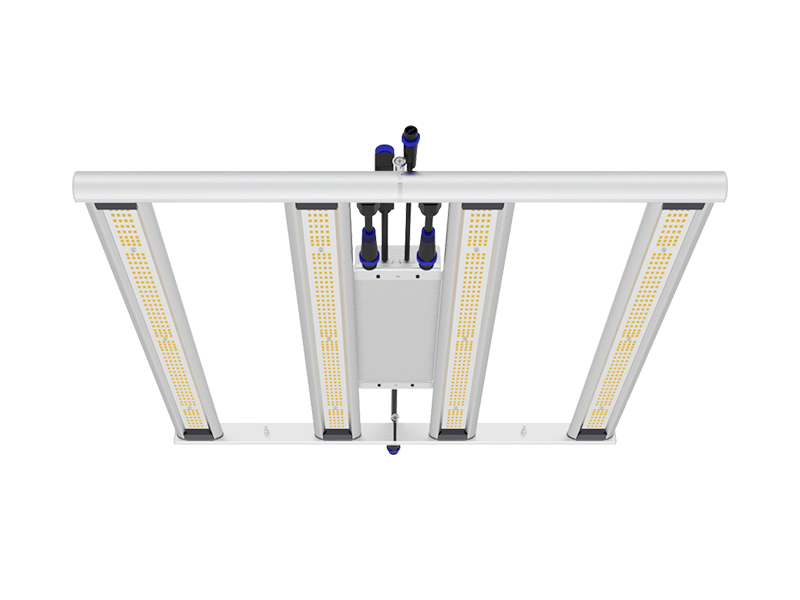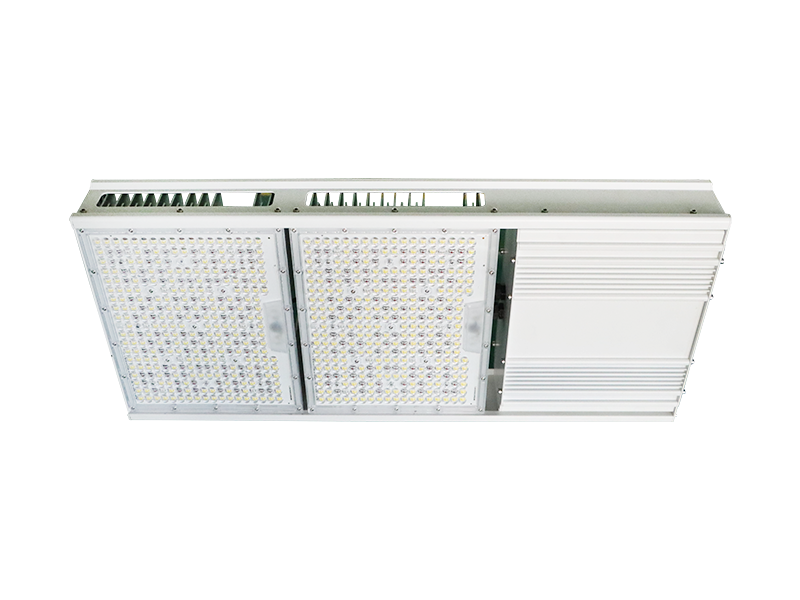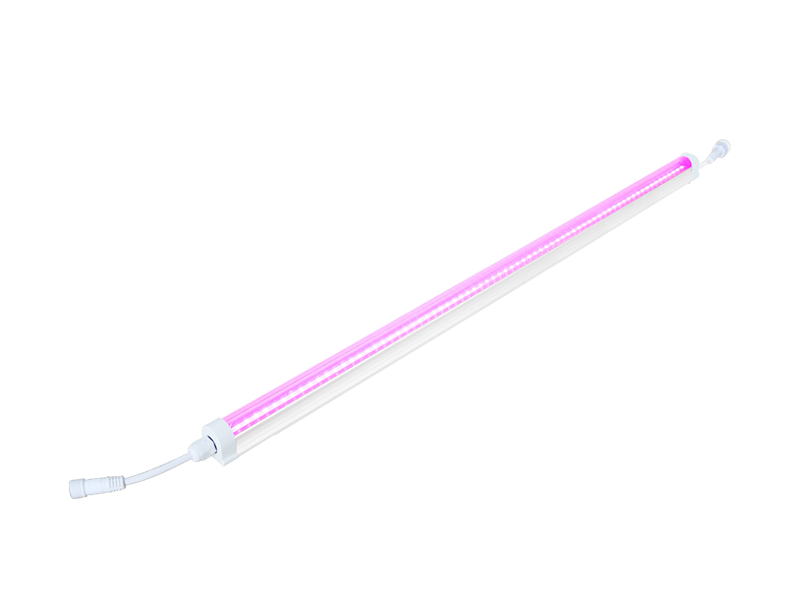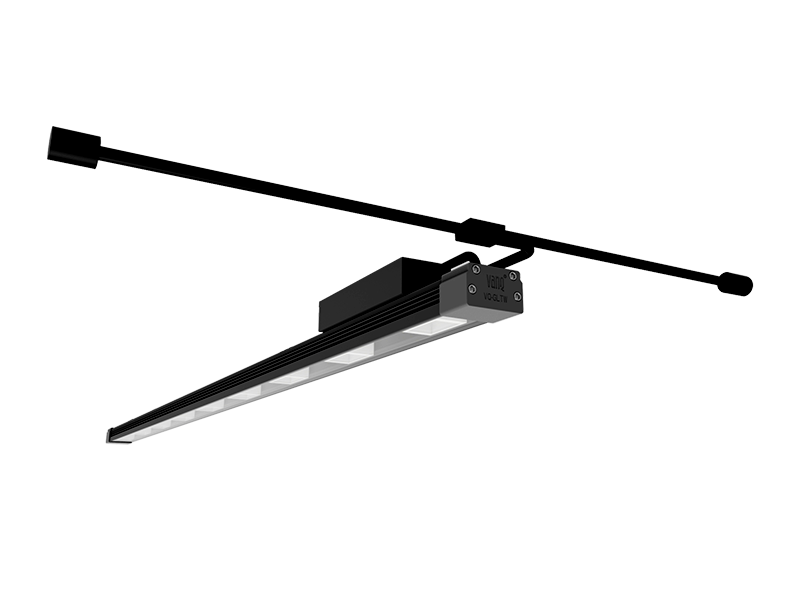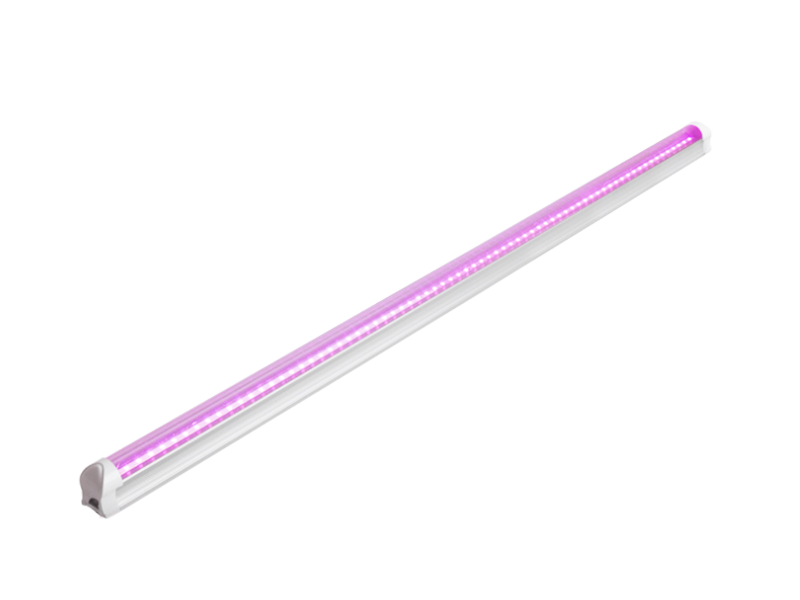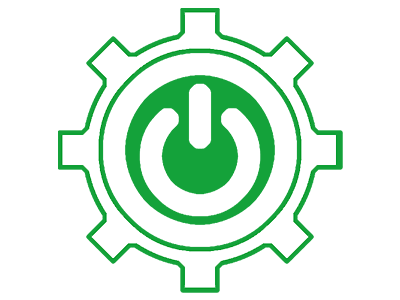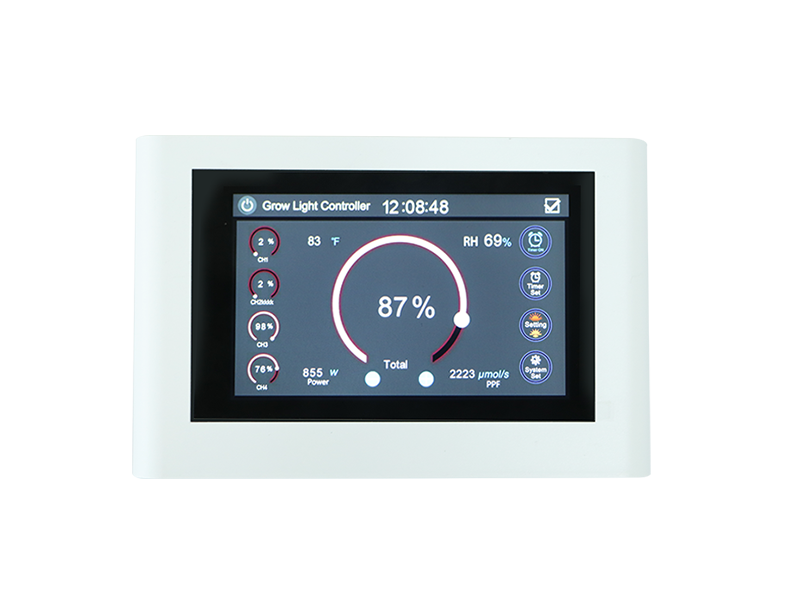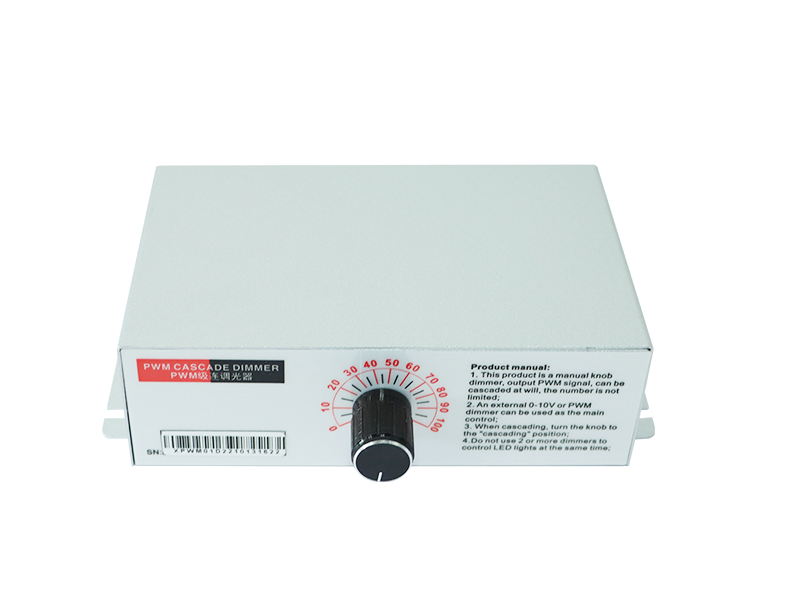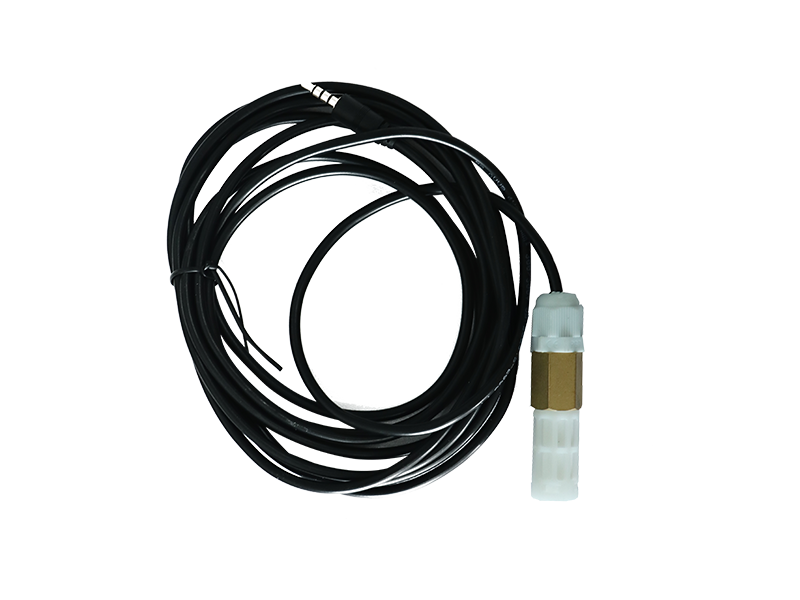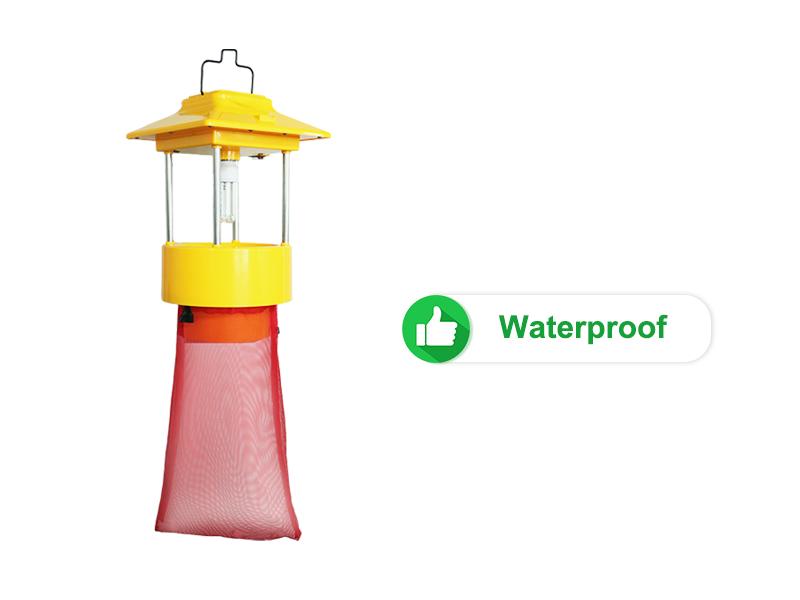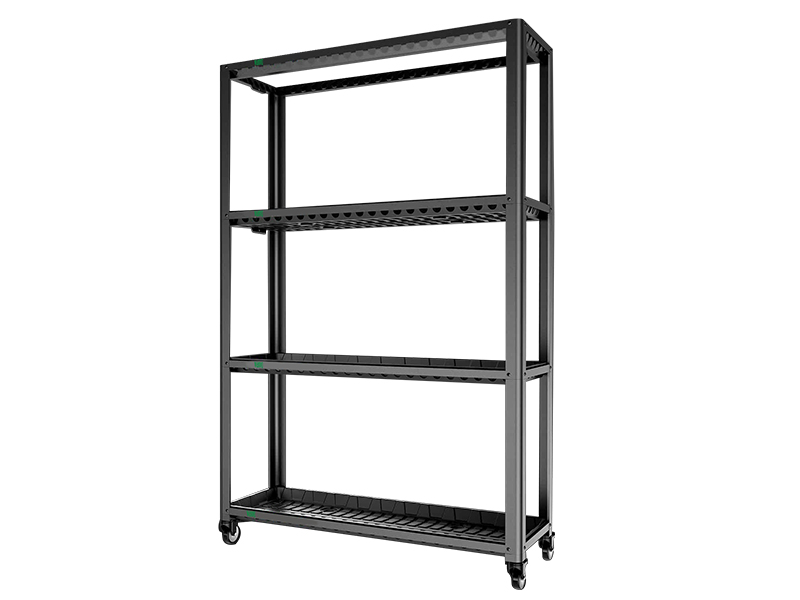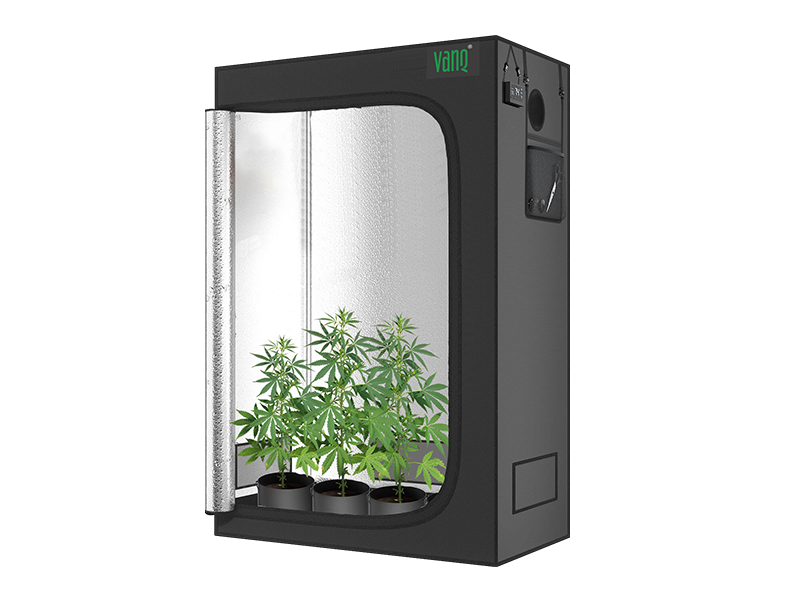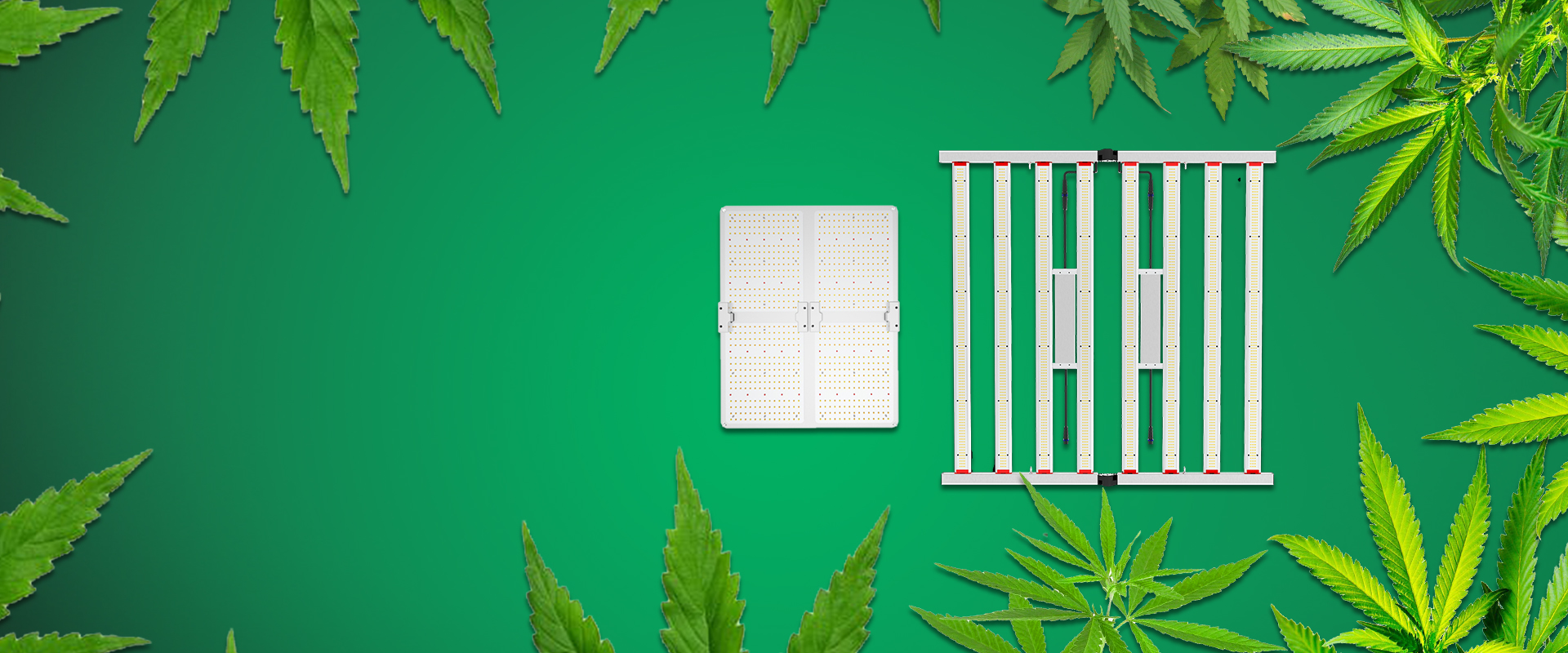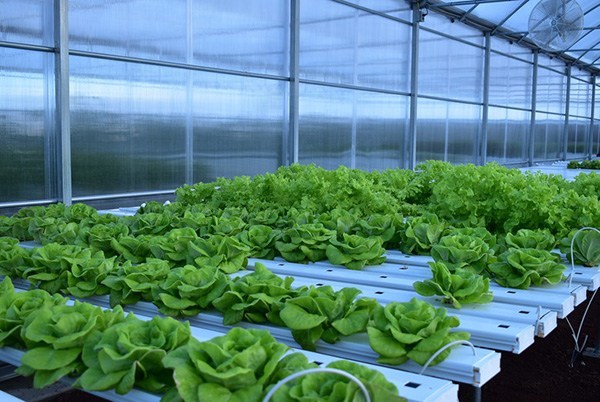Why Hydroponics?
Hydroponics is the method of growing plants in a nutrient-rich water-based environment without soil. It comes with many incredible benefits over traditional farming. Here are the top advantages of hydroponics farming we all know.
Plants Grow Faster In Hydroponics
Are hydroponically plants grown faster than in soil? Yes.
We control the entire environment in which plants grow-temperature, light, moisture, and especially nutrients. Place the plant under ideal conditions while providing a sufficient amount of nutrients and directly contact the root system. So hydroponic plants grow faster.
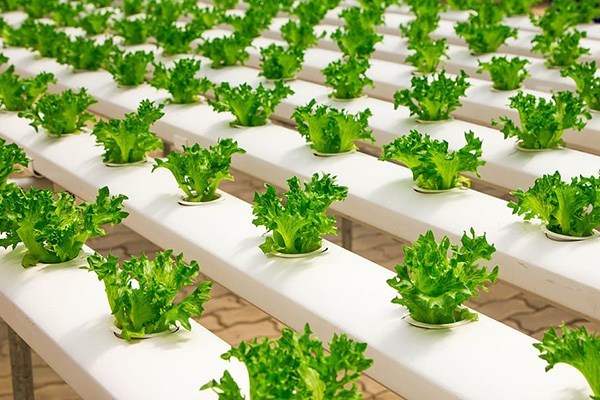
Climate Control
As most hydroponic plants are grown either indoors or in greenhouses, hydroponic growers can fully control climate-temperature, humidity, light intensity, and air composition, and all the water and nutrients required are provided manually, you eliminate the uncertainty that comes with unpredictable weather.
As artificial grow lighting can replace or supplement sunlight. Using artificial grow lights can enable you to grow plants all year round. Farmers can produce food at the right time to maximize their commercial profits.
Effective Use Of Nutrients
In hydroponics, you can control 100% of the nutrients required by plants. Before planting, the grower can check the needs of the plants and the specific nutrients needed at specific stages and mix them with water. The nutrients are kept in the water tank, so they will not be lost or changed like the nutrients in the soil.
Fewer Pests & Diseases
Getting rids of soils helps make your plants less vulnerable to soil-borne pests like birds, gophers, groundhogs; and diseases like Fusarium, Pythium, and Rhizoctonia species. Also when growing indoors in a closed system, the gardeners can easily take control of most surrounding variables.
More Than 90% Water-saving In Hydroponic
Hydroponics water loss only occurs in two forms – evaporation and leaks from the system.
Plants grown hydroponically can use only 10% of water compared to field-grown ones. In this method, water is recirculated. Plants will take up the necessary water, while run-off ones will be captured and return to the system.
It is estimated that agriculture uses up to 80% of water on the ground and surface water in the us. Hydroponics is considered a viable solution to large-scale food production.
Labor And Time Savers
In addition to spending less work on farming, watering, cultivating and fumigating weeds and pests, you can also save a lot of time because hydroponics proves that plants grow higher.
Less Use Of Insecticide, And Herbicides
As you are using no soils and while the weeds, pests, and plant diseases are heavily reduced, there are fewer chemicals used. This helps you grow cleaner and healthier foods. The cut of insecticide and herbicides is a strong point of hydroponics when the criteria for modern life and food safety are more and more placed on top.
Make Better Use Of Space
Since all the plants needed are provided and maintained in the hydroponics system, as long as you have some space, you can grow in a small apartment or spare bedroom.
In hydroponics, plant roots are sunk in a tank full of oxygenated nutrient solution and directly contact with vital minerals. This means you can grow your plants much closer, and consequently huge space savings.
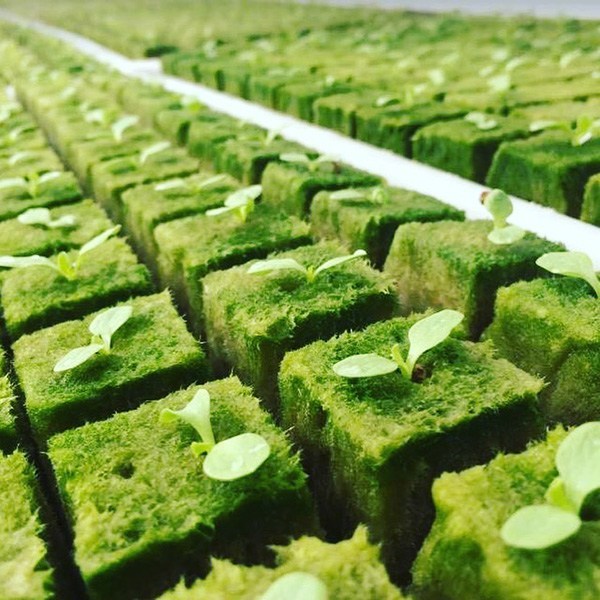
No Soils Needed
Hydroponics does not require soil. In a sense, you can grow crops in areas where land is limited, does not exist, or is heavily polluted.
Hydroponics is considered by NASA as the future farm for growing food for astronauts in space (without soil).
No Weeds
If you grow in soil, you will understand how irritating weeds cause your farm. For farmers, this is one of the most time-consuming tasks-tilling, plowing, cutting, etc. Weeds are mainly related to soil. Therefore, by eliminating the soil, all weeds are gone.
PH Control
All minerals are contained in water. This means that you can measure and adjust the ph of the water mixture more easily than soil. This ensures that the plant absorbs the best nutrients.
There are so many advantages in hydroponics, do you want to have a try? Buy VANQ LED grow light for hydroponics indoor here.


